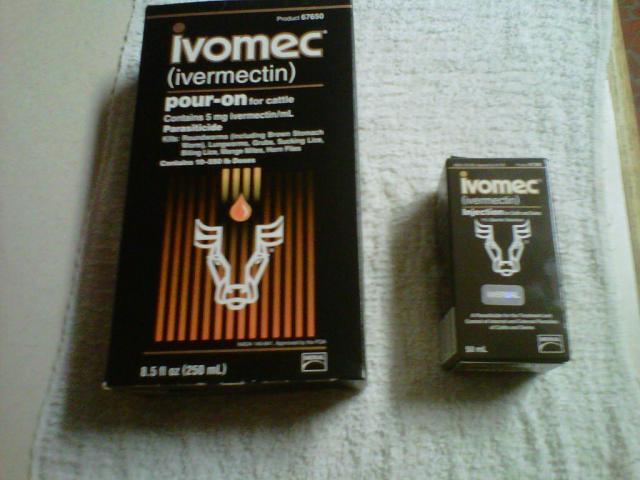This is a GREAT thread and one I am grateful to have found! I am currently quarantining an adult hen I took in from a neighbor after her flock was decimated. Another poster recommended I worm her since she is thin enough I can feel her breastbone. I haven't wormed any of my chickens or my duck since I started! I see now that was a HUGE error on my part, and one I am planning on fixing ASAP.
It seems that as threads increase in length, some of the information is forgotten or we don't always go back and read from the beginning. I have sat for over an hour and gone over and over the material shared to ensure a thorough understanding. I wanted to kind of summarize; at least my plan for treating all my girls now.
Since I have one in quarantine, I am going to start with Wazine on her 3rd week in Quarantine. Why start with Wazine? If you have an EXTREME infestation and you hit them with a strong wormer, you can have problems with your birds not being able to handle the large death of worms at once resulting in them dying! Wazine paralyzes roundworms and then allows them to pass, and they can't survive outside the body. You can them worm with a more intense treatment without as much concern of your chickens becomeing overwhelmed with dead worms.
(Threehorses described a great strategy for beginning a worming routine that includes: "Should be done on chicks once they hit 4months, then twice annually (Fall and Spring)
If you hatched them and not on "ground", you can start with Inverectin, if introduced from outside source then start with Wazine.
For new birds, worm the last week of Quarantine starting with Wazine and following up 2 weeks later with Inverectin"
The doses for Wazine include: "For Wazine 17 (piperazine 17%) you use one ounce wazine per one gallon of water. Or two measuring spoon Tablespoons of wazine per one gallon. Give as their sole source of water for 24 hours. Then remove from the coop. "
Retreat in 14 days with wazine, or consider treating them with a more broad spectrum wormer like fenbendazole, levamisole, or ivermectin.
I LOVE the idea of a "pour on" like Ivermectin due to the fact that "it does stay in their system longer as it's an oil that starts to absorb and continues to do so on the body. It's supposed to have a weeks-long effect on sucking lice."
Doses for Ivermectin include: "That's the blue "ivermectin" not any other '-ectin'.
(EPINEX) use a 3 cc syringe with a 25g needle. (.25 cc dropped on the back of the neck for bantams, and 0.5 cc for heavy breeds; easy enough to measure with a syringe). of course don't inject, but I find the needle makes a very precise size of drop and allows me to place it better. hold the syringe horizontally in case the chicken hops up so you don't poke it. Then you just have to find a very naked spot on their skin - between their shoulders or at the back of their neck works best for me. If you get it on any fluff, it will absorb into the fluff at lightening speed and then you don't know if they get it or not. So aim for very bald skin on their main body."
Once you have begun the routine, you can continue with Ivermectin treatment 2xannually, once in the Fall and again in the Spring (the temps are not so drastic)
My plan is to treat my White Rock newbie, my 2 Golden Comets and my RIR on November 26 by mixing Wazine in their water sources and leaving that as sole source of water (sorry ladies, but it's nothing but coop for you on that day) for 24 hours. Sunday morning I will dump out the remaining water and wash out containers providing fresh water.
Then the next week I will integrate the flock, Come December 10 I will gather all my fuzzy butts together (hopefully with the help of my sons and husband) we will use a syringe (picked up at Pharmacy) to place .5cc in the back of each hen, by having one of the boys hold her so I can get down to the skin and make sure to avoid down. This means a Month of NOT eating eggs laid, but we are already seeing egg production drop due to winter and daylight savings time.
THANK YOU THANK YOU THANK YOU! I'm sure I will be back in a few days once I get out to buy the wormers and get confused by brand names and such!



